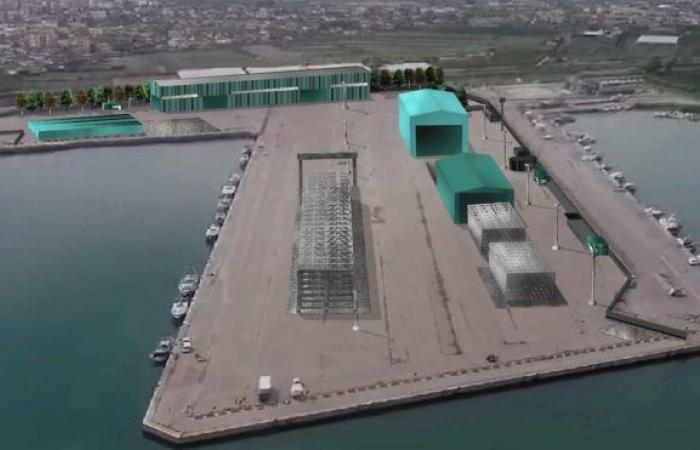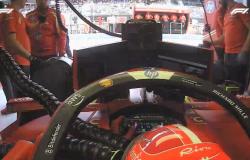CORIGLIANO ROSSANO. In Italy there are no industrial plants located on the quayside of a port and Baker&Hughes itself does not have any on or near the quaysides.
Now you can say whatever you want about who will grant the necessary permits but they will all be in violation of the law and the Port Master Plan.
And it is useless for Agostinelli, as Port Authority (close to retirement), after having never really protected the port or worked for the strengthening of the port structure of Schiavonea, to say that a “governmental and political” commission, but which has relevance and links with the territory, has given a favorable opinion if it does not then want to open a discussion with the municipal administration of Corigliano-Rossano and with the municipalities of Sibaritide.
The territory is aligned against a weak project from an entrepreneurial point of view because the Industrial Plan is unclear. And so there are many unanswered questions: how many hires? How many taken from the territory? How long will the plant’s production cycle last? What will happen to the settlement if it closes? Why not accept a site close to the port in the industrial area behind it? What will be produced and according to which project? What is the environmental impact of the plant and who assessed it?
And so let’s say that, in the face of only 200 – but all hypothetical – hirings for the construction of the site and which are not necessarily made in the area given the particularity of the plant, thousands of real jobs in the sectors of the tourism, fishing and agriculture.
And let’s also say that we don’t know how many actual places there will be nor, above all, how many will be taken from the territory keeping in mind the internal mobility from Massa.
So what does the territory gain from it? How do you plan to create the related activities if the very choice of placing yourself on the quay prevents or limits the use of the most important infrastructure of Sibaritide?
And what do we know about the real nature of the investment? They will come but how long will they stay? And we don’t even know if, once the production/assembly of the wind turbines is finished (this is the most probable theory), what will happen to the site? Is there the will to let him continue to live? The example of these settlements does not bode well in the future. Crotone, with its industrial archeology is there as evidence of what forced industrialization in the South cannot be. Especially if state funding is at stake.
And then there is the Stasi administration’s proposal on the allocation of the site in the area behind the Port. It is within the SEZ, it is close to the Port and there are all the conditions to create a path towards the docks. Why does Baker&Hughes refuse? He refuses because he wants to optimize revenues while also reducing costs. Transporting the blades from the assembly site to the dock has a cost and preparing the road also has a cost. And Baker&Hughes wants the city and the whole of Sibaritide to pay this cost.
And this is the real political question on the table: who stands up to make the city and the territory express everything on this matter? Who protects the right to health of a citizenry that already today, in terms of tumor incidence, has off-scale values? Who guarantees that jobs in other productive sectors are not lost? And who explains to us why, possibly, a land that already has an overabundant energy production should also take on a wind farm at sea?
The center-right has expressed its opinion and has already given its consent. The Unions too (but in Massa they are agitating against the transfer, calling it “a way to intercept PNRR money).
At the moment, the municipal administration of Corigliano-Rossano remains to try to defend the city’s right not to be a taxable subject. It would be important for the issue to be discussed immediately at a political table involving all the mayors of the Ionian area of Cosenza and Crotone, the provincial and regional institutions, the deputies and senators elected in the territory and who would all officially assume the responsibility of taking a position.
Alberto Laise – PD National Assembly
Giuseppe Campana – Regional Executive Coordinator of Green Europe – Verdi
Angelo Broccolo – Italian Left National Assembly
Press release






